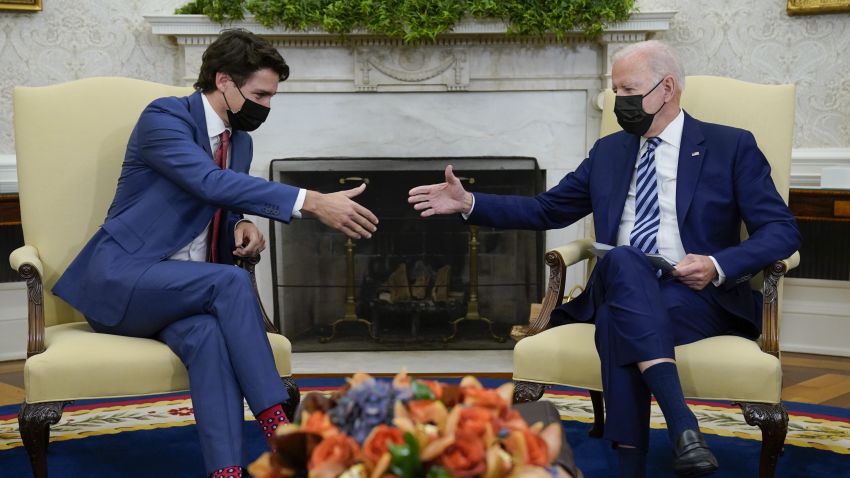Every once in a while, a personal artifact from a different age turns up and puts modern challenges into context. While clearing out my bookshelves a few weeks ago, I came across such an object: a dystopian novel called “Ultimatum.” Written by Richard Rohmer, a prominent Canadian lawyer and veteran, it depicts a scenario in which the United States, running out of natural resources, invades Canada to secure hydroelectric power and oil. It became one of the bestselling books in Canada during the 1970s. Even when I read it 20 years later as a young teenager in Germany, the fictional world Rohmer constructed, in which rapacious U.S. politicians send in troops to overwhelm morally upstanding, if naive, Canadian leaders, still seemed to have a hint of plausibility.
This nagging fear that U.S. bullying could lead to a loss of independence is a long-standing theme in Canadian culture. And, as with other states bordering great powers, these anxieties have some grounding in historical experience. During the War of 1812 between the U.S. and Great Britain, the Madison administration invaded Canada, which was then a British colony, while its colonial rulers were distracted by the Napoleonic wars. The conflict ended in fiasco, with Canadian and British troops overrunning Washington and burning down the White House in August 1814. Yet the devastation that U.S. soldiers inflicted before being pushed out of what is today Ontario and Quebec left a legacy that lingered in Canadian historical memory.
Though the relations between the U.S. and Canada have largely been friendly since, disputes over trade or border demarcations have regularly led to surges of concern in Ottawa over U.S. intentions. As Canada gradually shifted toward independence, first receiving autonomy from London with the Articles of Confederation and then full independence with the repatriation of the Canadian constitution in 1982, apprehension grew over how the shift from British rule to U.S. influence could undermine Canadians’ efforts to develop their own distinct national identity. Such concerns were bolstered by the fact that Canada’s military security is fundamentally intertwined with the much larger U.S. security state through their shared involvement in NATO and the North American Aerospace Defense Command, or NORAD.

